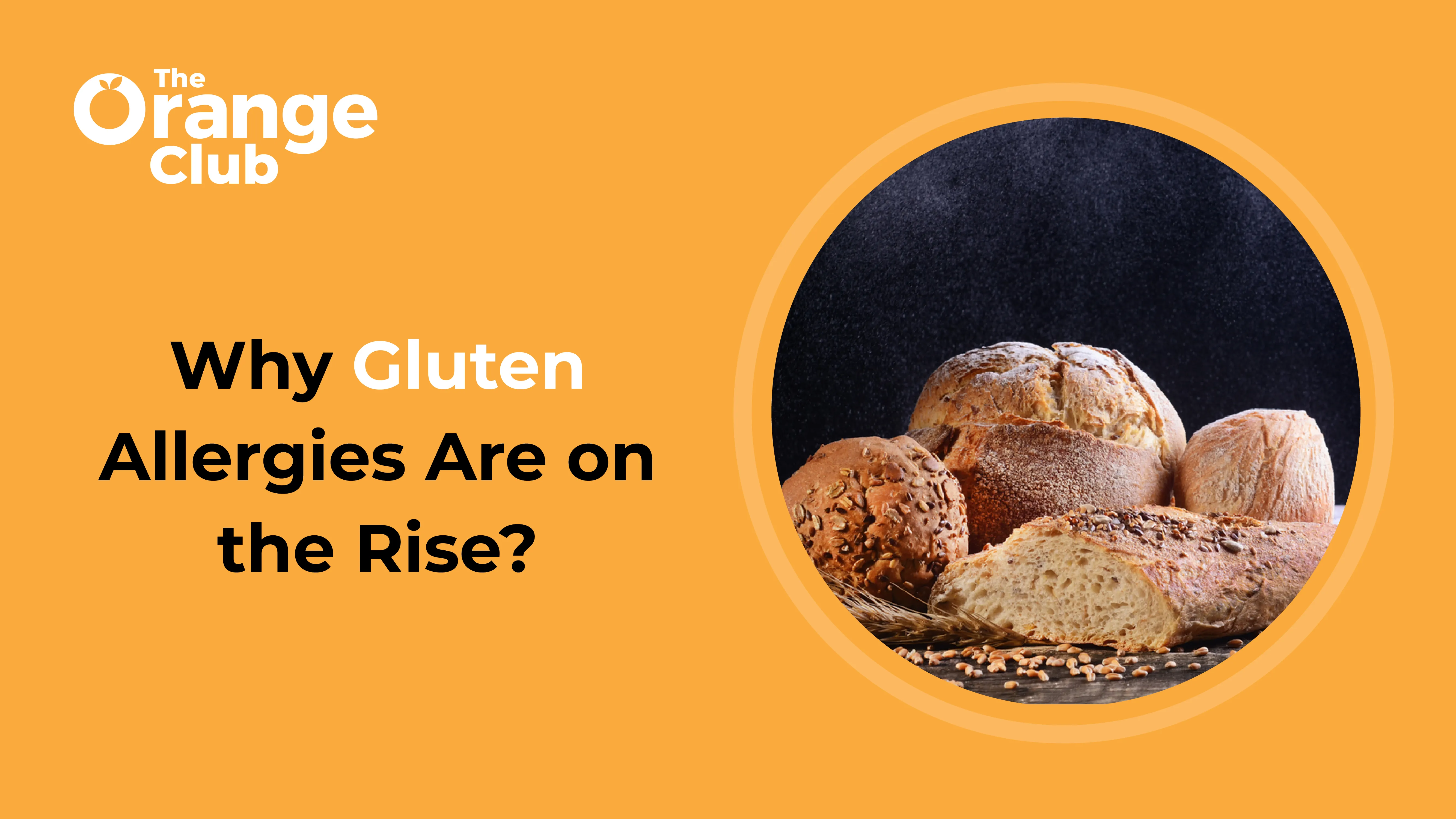Search for tests or checkups
SupportWhy Gluten Allergies Are on the Rise?

“Wheat has been a part of Indian diets for generations, from hot rotis to buttery parathas, it’s been at the centre of our meals. So why are we suddenly hearing so much about gluten allergies?”
Dr. Gurmeet Bhalla, Allergist explains that the answer lies in a mix of changes not just in our diets, but in the wheat itself.
Watch the Clip: Why Gluten Allergies are Rising
What’s Changed with Wheat?
To feed a growing population, wheat varieties have been bred and, in some cases, genetically modified to resist pests and withstand environmental stress. That’s helped boost production, but it’s also changed the structure of gluten compared to the wheat grown a century ago. For some people, this “new” gluten may be more difficult to digest and more likely to cause a reaction.
Then there’s the way we consume it. In the past, most households used whole wheat flour rich in bran, fibre, and nutrients. Now, refined flour is everywhere. From breads and biscuits to snacks and sweets, it’s in most processed foods. This version of flour has the fibre removed, making it less nutritious and harder for the gut to handle. Over time, this can increase sensitivity and inflammation, which may make allergic reactions more likely.
It’s not just about what’s in the wheat it’s also about how often we’re eating it. With refined flour turning up in packaged foods, snacks, and even fast foods, our bodies are getting far more gluten than they used to, often in forms that aren’t balanced with other nutrients.
Final Takeaway
Gluten-related allergies aren’t just about gluten itself, they're about how our wheat has changed and how we process and eat it. Choosing less refined flour, eating more whole grains, and keeping variety in your diet can help reduce the risk. Dr. Gurmeet Bhalla talks more about how these changes are linked to rising gluten allergies and what you can do to manage them in Episode 9 of The Orange Club Podcast - Are we becoming Allergic?

Malaria Warning Signs: When to Seek Medical Help

What Is an AMH Test for Females? Key to Ovary Health
